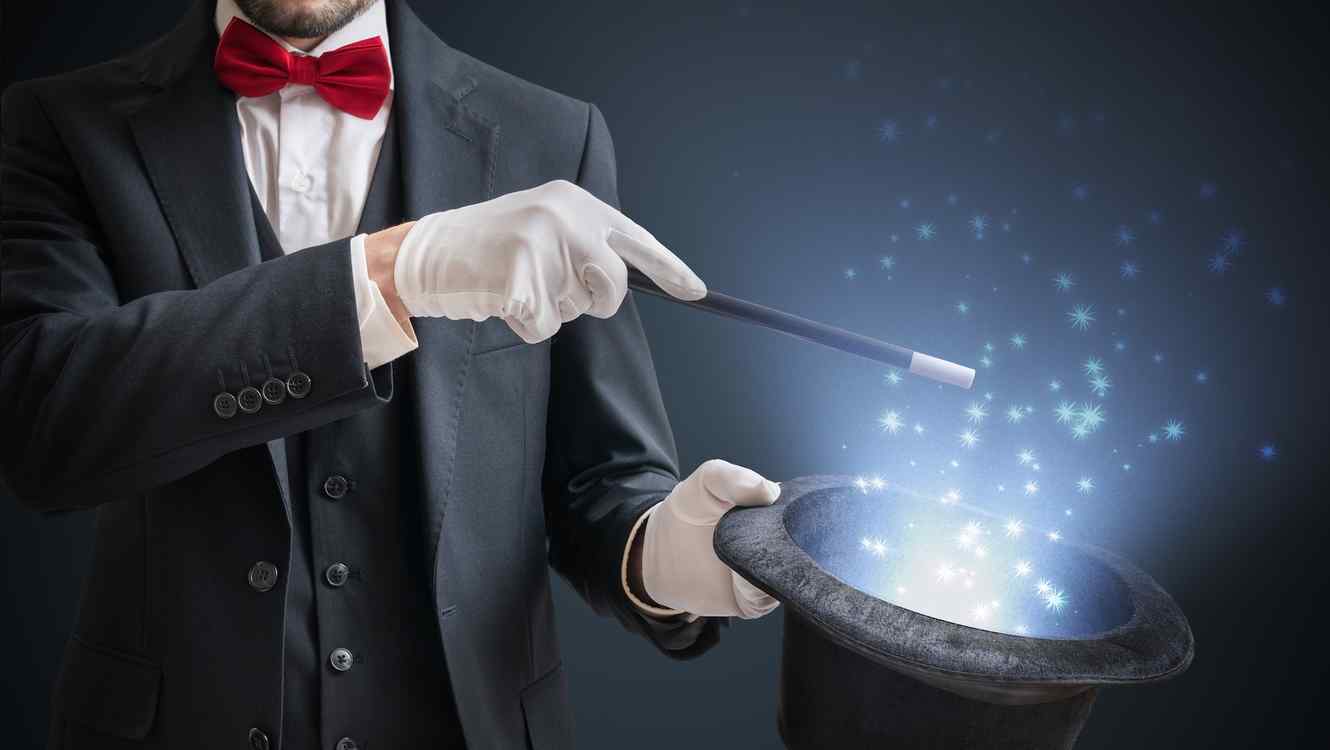Unveiling The Magic: A Comprehensive Guide To The Art Of Magia
Magia, the enchanting world of magic, has intrigued and captivated audiences for centuries. This mystical art form is not just about tricks and illusions; it encompasses a rich history, diverse techniques, and a profound impact on entertainment and culture. In this article, we will explore the fascinating realm of magia, its origins, various forms, and the skills involved in mastering this captivating craft. Whether you are a budding magician or simply a curious enthusiast, this guide will illuminate the paths of magic like never before.
As we delve deeper into the world of magia, you will discover the essential components that make up this art form, from the psychology behind illusions to the technical skills required to execute them flawlessly. We will also introduce you to some of the most renowned magicians in history and their contributions to the craft. This article aims to provide a comprehensive understanding of magia and its significance in the world of entertainment.
Join us on this enchanting journey as we unravel the secrets of magia and explore how it has evolved over time, captivating audiences across generations. Let's ignite your passion for magic and inspire you to appreciate the artistry behind every mesmerizing performance.
Table of Contents
- What is Magia?
- History of Magia
- Different Forms of Magia
- The Skills of a Magician
- Famous Magicians
- The Psychology of Magia
- The Future of Magia
- Conclusion
What is Magia?
Magia refers to the art of performance magic, involving the use of illusions, sleight of hand, and various techniques to entertain and amaze audiences. It can encompass a wide range of practices, including stage magic, close-up magic, mentalism, and escapology. The essence of magia lies in creating an experience that leaves the audience questioning reality and marveling at the impossible.
History of Magia
The origins of magia can be traced back to ancient civilizations, where rituals and performances were often intertwined. Here are some key points in the history of magia:
- **Ancient Egypt**: Magicians were revered as priests and were believed to possess supernatural powers.
- **Middle Ages**: The perception of magicians shifted, with many being associated with witchcraft and sorcery.
- **Renaissance**: The art of magic began to flourish, with notable figures like Giovanni Battista D'Arco advancing the craft.
- **19th Century**: The Golden Age of Magic emerged, showcasing famous magicians like Harry Houdini and David Copperfield.
Different Forms of Magia
Magia encompasses various styles and techniques. Here are some of the most popular forms:
Stage Magic
Stage magic involves grand illusions performed in front of large audiences, often featuring elaborate props and dramatic storytelling.
Close-Up Magic
Close-up magic is performed in intimate settings, allowing the magician to engage directly with the audience, often using everyday objects.
Mentalism
Mentalism focuses on psychological illusions, where the magician appears to read minds or predict outcomes.
Escapology
Escapology involves escaping from restraints or traps, showcasing the magician's skill and bravery.
The Skills of a Magician
To master magia, one must develop a range of skills, including:
- Sleight of Hand: The ability to manipulate objects with dexterity and precision.
- Presentation Skills: Engaging storytelling and performance techniques to captivate the audience.
- Psychological Insight: Understanding human behavior to create effective illusions.
- Practice and Patience: Mastery requires countless hours of rehearsal and dedication.
Famous Magicians
Throughout history, many magicians have left a lasting impact on the art of magia. Some notable figures include:
| Name | Nationality | Notable Achievement |
|---|---|---|
| Harry Houdini | American | Famous for his escape acts and illusion performances. |
| David Copperfield | American | Renowned for his televised magic specials and grand illusions. |
| Dai Vernon | Canadian | Considered the "father of close-up magic" and mentor to many magicians. |
The Psychology of Magia
The effectiveness of magia often relies on psychological principles. Here are some key concepts:
- Perception: Magicians exploit the limitations of human perception to create illusions.
- Expectation: By manipulating audience expectations, magicians can enhance the impact of their tricks.
- Distraction: Magicians often use misdirection to divert attention away from the method behind the magic.
The Future of Magia
As technology continues to evolve, so does the art of magia. From virtual reality experiences to innovative performance techniques, the future of magic is bright. Magicians are now incorporating digital elements into their acts, creating new forms of entertainment that blend tradition with modernity.
Conclusion
In conclusion, magia is a captivating art form that transcends mere entertainment. It combines history, psychology, and skill, making it a unique and enriching experience for both performers and audiences alike. We hope this comprehensive guide has inspired you to explore the world of magia further. Whether you're considering taking up magic as a hobby or simply appreciate the artistry behind it, there's always something new to discover.
If you enjoyed this article, please leave a comment below, share it with friends, and explore more articles on our site about the fascinating world of magic!
Thank You for Reading!
We appreciate your interest in magia and hope you found this article informative and engaging. Don't hesitate to return for more exciting content in the future!
Exploring Vernon Diner: A Culinary Gem In The Heart Of Vernon
Members Only: The Ultimate Guide To Exclusive Access And Benefits
Icelink: Revolutionizing Connectivity In The Digital Age


